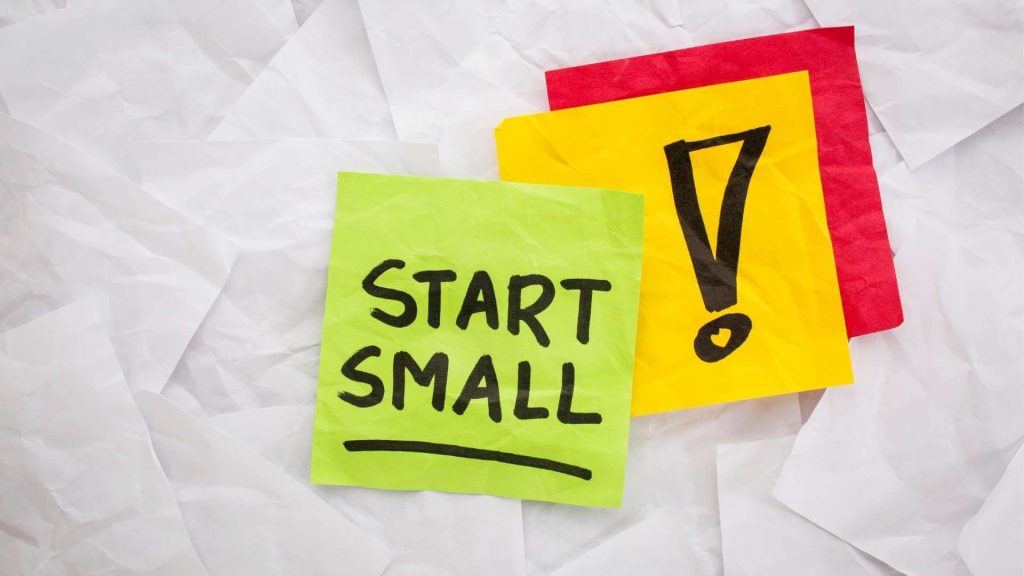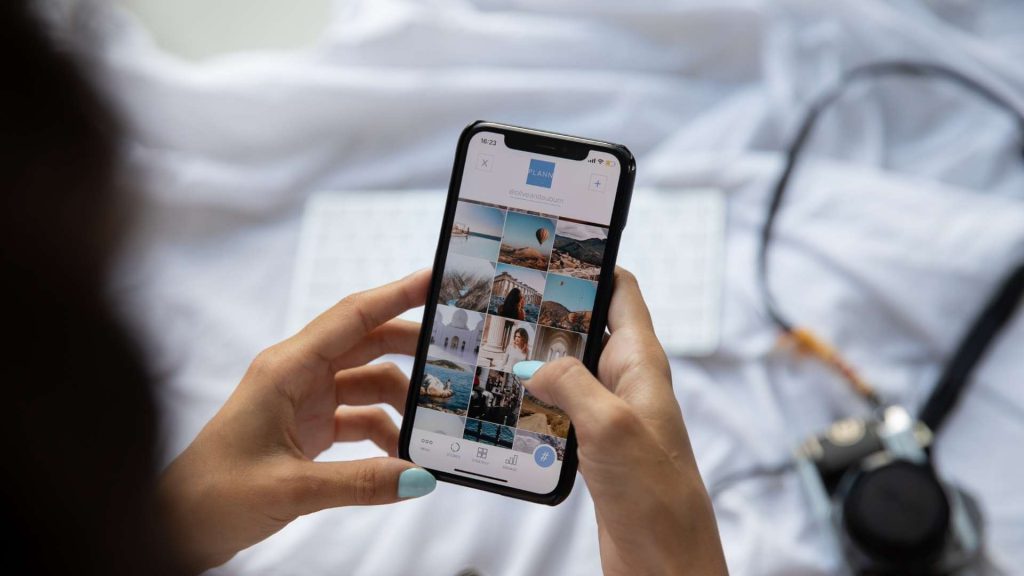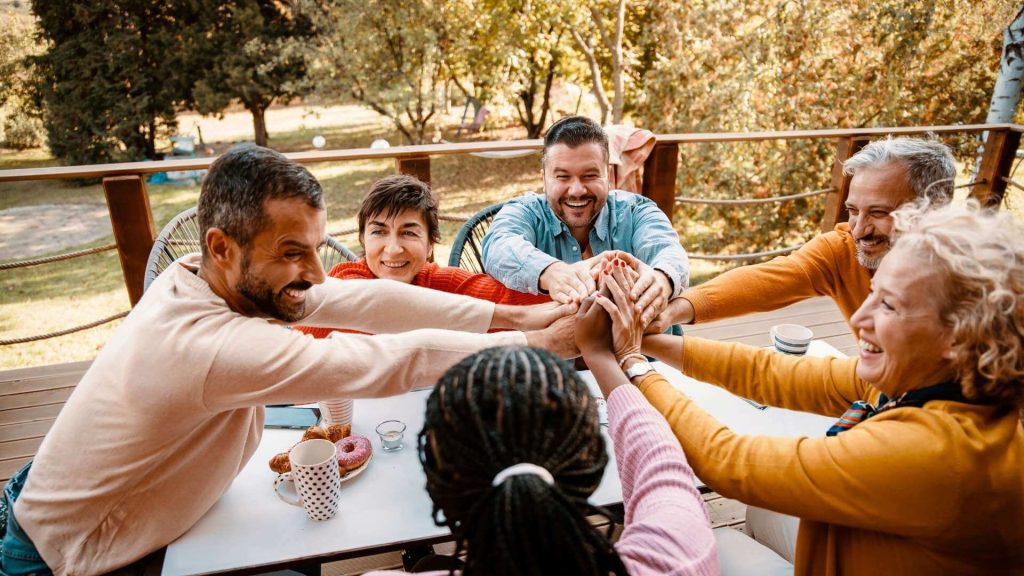University life is full of opportunities to meet new people, but stepping out of your comfort zone can feel overwhelming. If you often find yourself on the sidelines, don’t worry—becoming more social is a gradual process. Verified student wellbeing sources emphasize that structured social engagement can boost confidence, strengthen emotional resilience, and improve mental health. This guide offers practical steps to help you navigate events, meet new people, and build lasting connections.
1. Start Small: Ease into Social Settings 🌱

Jumping into large events right away can feel intimidating. Instead, begin with smaller gatherings like study groups, casual coffee meetups, or club meetings. The Mental Health Foundation suggests that low-pressure social interactions help build confidence over time.
2. Choose Events That Align with Your Interests 🎯

Attending events related to your hobbies or studies makes socializing easier. Whether it’s a book club, a tech meetup, or a gaming night, shared interests create natural conversation starters. According to Student Minds, engaging in familiar environments reduces anxiety and promotes positive social experiences.
3. Use Icebreakers & Simple Conversation Starters 🗣️

Starting a conversation doesn’t have to be complicated. Asking about the event, sharing a fun fact, or giving a compliment can break the ice. Mind UK highlights that small talk is a valuable tool for social confidence, making it easier to transition into deeper discussions.
4. Join Student Societies & Clubs 🎭

Student societies are a great way to form friendships and build social skills in a structured environment. Universities UK recommends joining a society as it provides regular interaction, group activities, and a sense of belonging. Many clubs also host networking events, making it easier to meet like-minded peers.
5. Attend Networking & Social Events with a Goal 🎯

Going to an event with a simple goal—such as introducing yourself to three new people—can make socializing feel more manageable. The NHS advises setting small, achievable goals to boost confidence and reduce social anxiety. Over time, these small steps lead to bigger social growth.
6. Practice Active Listening & Show Genuine Interest 👂

People enjoy conversations where they feel heard. Nodding, asking follow-up questions, and making eye contact show that you’re engaged. Student Minds highlights that active listening strengthens social bonds and makes conversations more enjoyable for both parties.
7. Follow Up & Stay Connected 📲

Meeting new people is just the first step—staying in touch is what builds lasting friendships. After an event, send a quick message, follow them on social media, or invite them to another meetup. According to the Mental Health Foundation, maintaining regular social contact helps combat loneliness and fosters deeper connections.
Transforming Your Social Life, One Event at a Time
Becoming more social doesn’t happen overnight, but consistent effort leads to confidence and meaningful friendships. The key is to start small, engage in familiar settings, and build connections at your own pace.
💡 Practical Steps to Get Started:
- Attend smaller events before trying larger ones.
- Choose gatherings based on your interests.
- Use simple icebreakers to start conversations.
- Follow up with new connections to strengthen relationships.
From casual meetups to professional networking events, every experience helps you grow. Take the first step, embrace new opportunities, and watch your social circle expand! 🦋✨